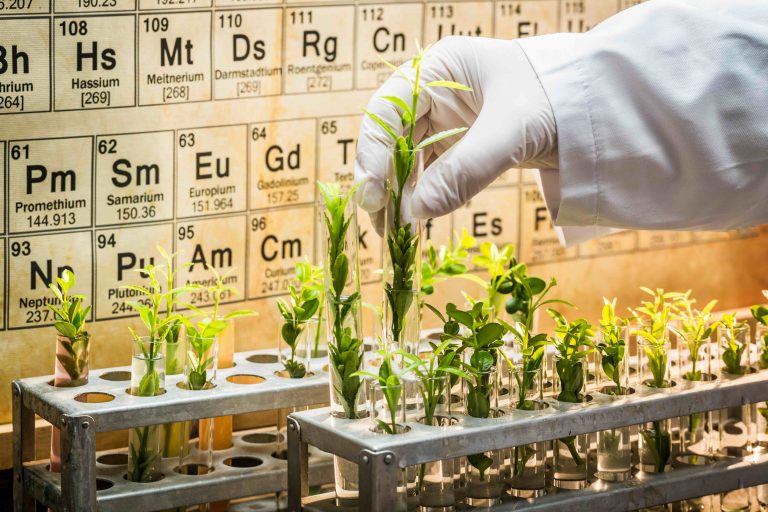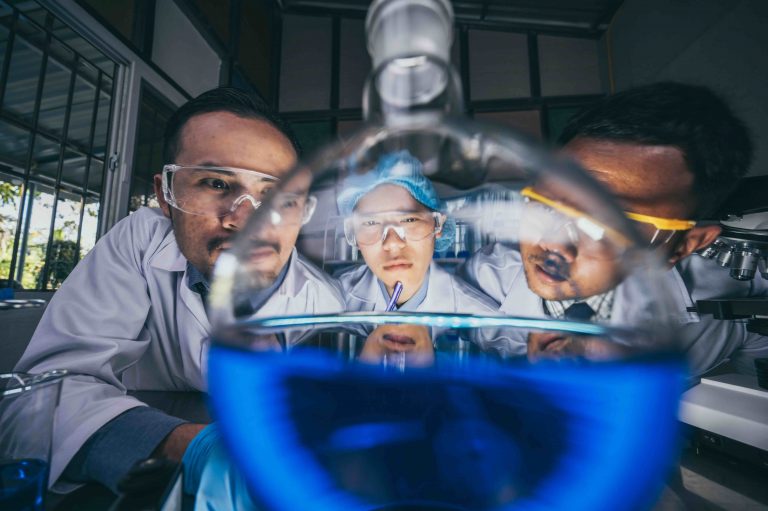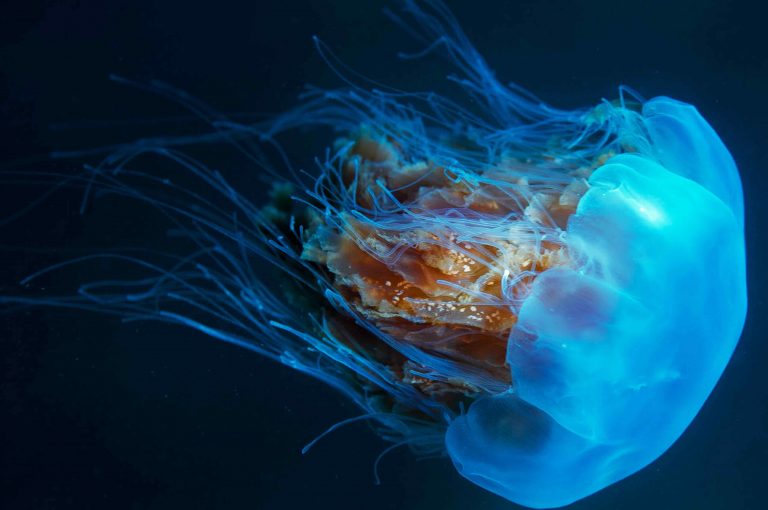
Despite remarkable advancements in medicine and biology, the human body still harbors mysteries that leave scientists baffled. From the inexplicable quirks of our brains to the puzzles of aging, here are 10 unsolved mysteries of human biology that continue to defy explanation.
10. Why Do We Sleep?
The Enigma of Rest

Source: Alessandro Zangrilli, Public domain, via Wikimedia Commons
While we know that sleep is essential for health, the exact reasons remain unclear. Scientists have theories about memory consolidation, brain detoxification, and cellular repair, but the full purpose of sleep remains one of biology’s greatest puzzles.
Weird detail: Some animals, like dolphins, can sleep with half their brain while the other half stays awake.
9. What Causes Yawning?
Contagious and Mysterious

Source: Martin Falbisoner, CC BY-SA 4.0, via Wikimedia Commons
Yawning is a universal behavior, but its purpose is still debated. Some theories suggest it helps regulate brain temperature, while others think it’s linked to social bonding or alertness.
Weird detail: Even thinking about yawning can make you yawn—a phenomenon scientists call “contagious yawning.”
8. Why Do We Age?
The Countdown to Mortality

Source: 志涛 张, CC0, via Wikimedia Commons
Aging affects every aspect of our biology, but why it happens remains elusive. Some theories point to DNA damage, cellular wear-and-tear, or evolutionary trade-offs, but there’s no consensus on the underlying mechanism.
Weird detail: Certain animals, like jellyfish and lobsters, show no signs of aging and are considered biologically “immortal.”
7. How Does Memory Work?
The Brain’s Filing Cabinet

Source: Department of Radiology, Uppsala University Hospital. Uploaded by Mikael Häggström., CC0, via Wikimedia Commons
Scientists have a basic understanding of how memories form, but the exact mechanisms of long-term memory storage and retrieval remain a mystery. Why some memories fade while others last a lifetime is still not fully understood.
Weird detail: Studies show that memories can be altered or “rewritten” every time we recall them.
6. What Is Consciousness?
The Ultimate Question

Source: Monterrey Institute of Technology and Higher Education, Mexico City, CC BY-SA 3.0, via Wikimedia Commons
Consciousness—the state of being aware of oneself and the world—is one of science’s biggest unsolved questions. How and why subjective experiences arise from brain activity remains a profound mystery.
Weird detail: Some neuroscientists believe consciousness may not be confined to the brain and could involve other parts of the body.
5. Why Do We Have Fingerprints?
The Whorls of Mystery

Source: Frettie, CC BY 3.0, via Wikimedia Commons
Fingerprints are unique to every individual and improve grip, but scientists are unsure why they evolved. Some researchers think they might enhance tactile sensitivity, while others believe they’re purely accidental patterns.
Weird detail: Fingerprints form in the womb and remain unchanged throughout life, even after severe burns.
4. Why Do We Blush?
The Face of Emotion

Blushing is a uniquely human trait triggered by emotions like embarrassment, but its evolutionary purpose remains unclear. Some scientists think it may signal honesty or remorse in social interactions.
Weird detail: Blushing is involuntary and cannot be suppressed, even by the most practiced poker face.
3. What Triggers Spontaneous Remission?
When Diseases Disappear

Spontaneous remission occurs when serious illnesses, like cancer, disappear without medical intervention. While rare, these cases baffle scientists, as there’s no clear explanation for why the body occasionally heals itself.
Weird detail: Some researchers believe the immune system “wakes up” and starts targeting the disease.
2. Why Do We Dream?
Nighttime Narratives

Dreams have fascinated humanity for millennia, but their purpose is still unknown. Some theories suggest dreams help process emotions, while others think they’re random neural activity.
Weird detail: Studies show that blind people also dream, often with enhanced sensory details like sound and touch.
1. What Is the Appendix For?
Vestigial or Vital?

Long thought to be a useless vestigial organ, the appendix is now believed to play a role in gut health and immunity. However, its exact purpose—and why humans evolved to have it—remains unclear.
Weird detail: People without an appendix seem to live perfectly normal lives, fueling the debate over its necessity.
Final Thoughts
The mysteries of human biology remind us that there’s still so much we don’t understand about our own bodies. As science advances, we may uncover the answers to these puzzles—or discover even more questions along the way. The human body truly remains the ultimate frontier.


